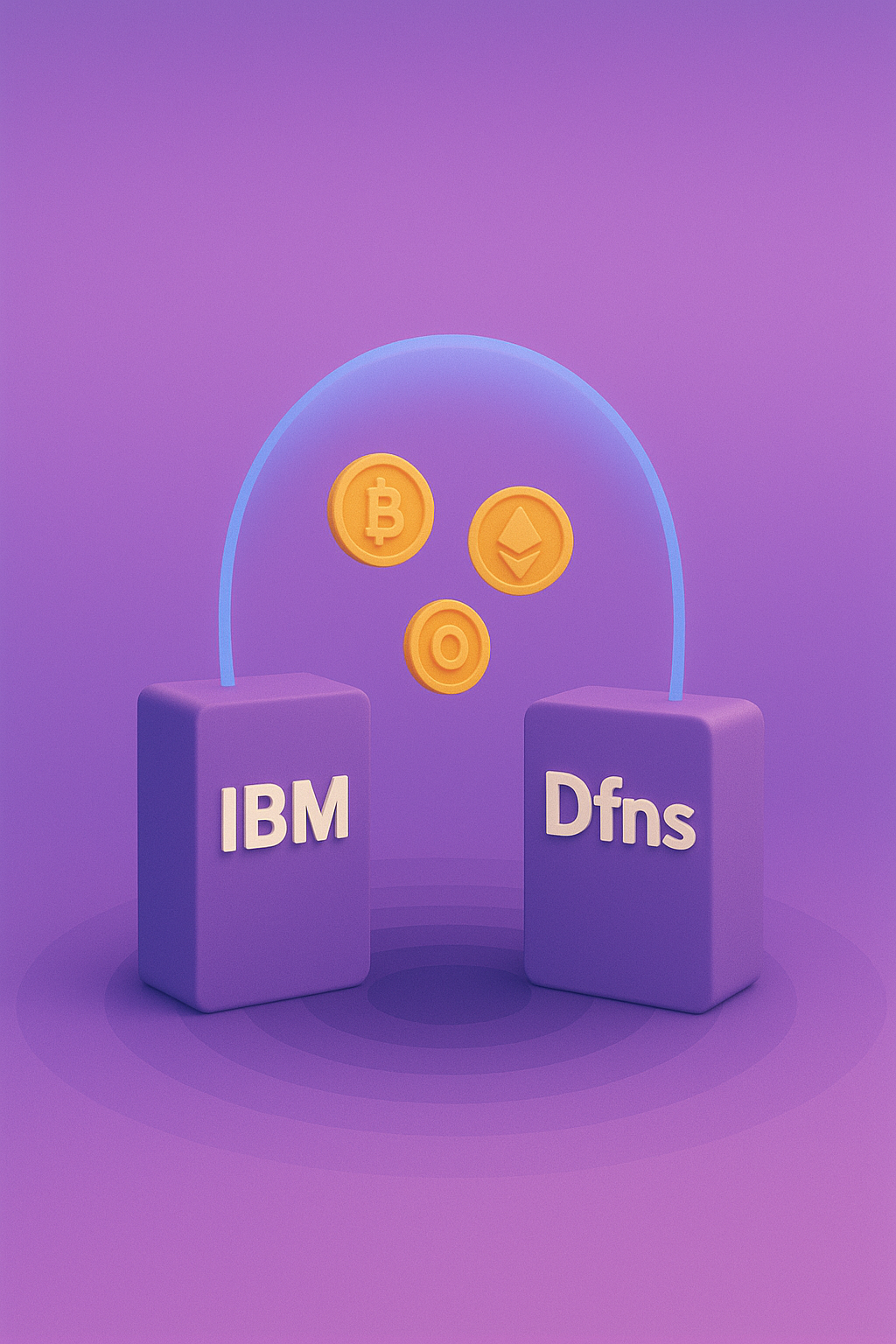In a world where national security and logistical efficiency are paramount, the integration of blockchain into defense supply chains could represent a true revolution. On July 9, 2024, the US Senate committee held a hearing to explore this fascinating possibility, marking a potential turning point in the way military supplies are managed and secured. This article dives into the details of this crucial discussion, examining the benefits and challenges of adopting blockchain in the defense sector.
The benefits of blockchain in the defense supply chain
Improved safety and traceability
One of the main reasons why blockchain is considered a revolutionary technology is its ability to offer exceptional security and traceability. In the defense context, where every piece of equipment must be authentic and reliable, it can play a crucial role.
- Equipment traceability: Thanks to its immutable nature, every transaction and movement of equipment can be accurately recorded, making it possible to track the origin and route of every piece of military equipment.
- Data security: Information stored on the blockchain is encrypted and decentralized, making it virtually impossible to falsify. This considerably reduces the risk of fraud and counterfeiting.
Increased operating efficiency
In addition to safety, it promises to improve the efficiency of defense logistics operations. Traditional procurement processes are often cumbersome and prone to human error. Blockchain, with its smart contracts and automated processes, can simplify and speed up these operations.
- Process automation: smart contracts on blockchain can automate transactions and verifications, reducing administrative time and costs.
- Reduced errors: By eliminating the need for paper documents and centralizing information, blockchain minimizes the risk of errors and duplicates.
Greater transparency and collaboration
The decentralized nature of blockchain also promotes greater transparency and collaboration between the various players in the defense supply chain.
- Transparency of transactions: All stakeholders, from suppliers to logistics managers, have access to the same information, ensuring total transparency of transactions and goods movements.
- Improved collaboration: blockchain enables better coordination between different entities, facilitating inventory management and supply planning.
The challenges of adopting blockchain in defense
Complexity and cost of implementation
Despite its benefits, integrating blockchain into defense supply chains presents significant challenges, particularly in terms of complexity and cost.
- Technical complexity: Setting up a blockchain infrastructure requires advanced technical expertise and a thorough understanding of current defense systems.
- High initial costs: The initial investment to develop and deploy a blockchain solution can be high, which could represent an obstacle for some defense departments.
Compatibility and interoperability issues
Another major challenge is blockchain's compatibility with existing systems and interoperability between the different platforms used by defense players.
- Compatibility with current systems: Integrating blockchain requires updating or modifying current IT systems, which can be complex and costly.
- Platform interoperability: Ensuring that different blockchain solutions can work together seamlessly is crucial to successful adoption.
Resistance to change and stakeholder adoption
Finally, resistance to change and stakeholder acceptance of the technology are key factors in the successful adoption of blockchain.
- Training and awareness: training and raising awareness among defense personnel about the use of blockchain and its benefits is essential to ensure effective adoption.
- Institutional resistance: Organizational culture and long-established procedures can be barriers to the adoption of new technologies.
Conclusion
The US Senate hearing on the use of blockchain in the defense supply chain marks an important step towards technological innovation in this crucial sector. With its promise of security, efficiency and transparency, it could transform the way military procurement is managed. However, significant challenges must be overcome to ensure successful integration. With a concerted approach and investment in resources and training, blockchain could become a mainstay of defense logistics in the years to come.










